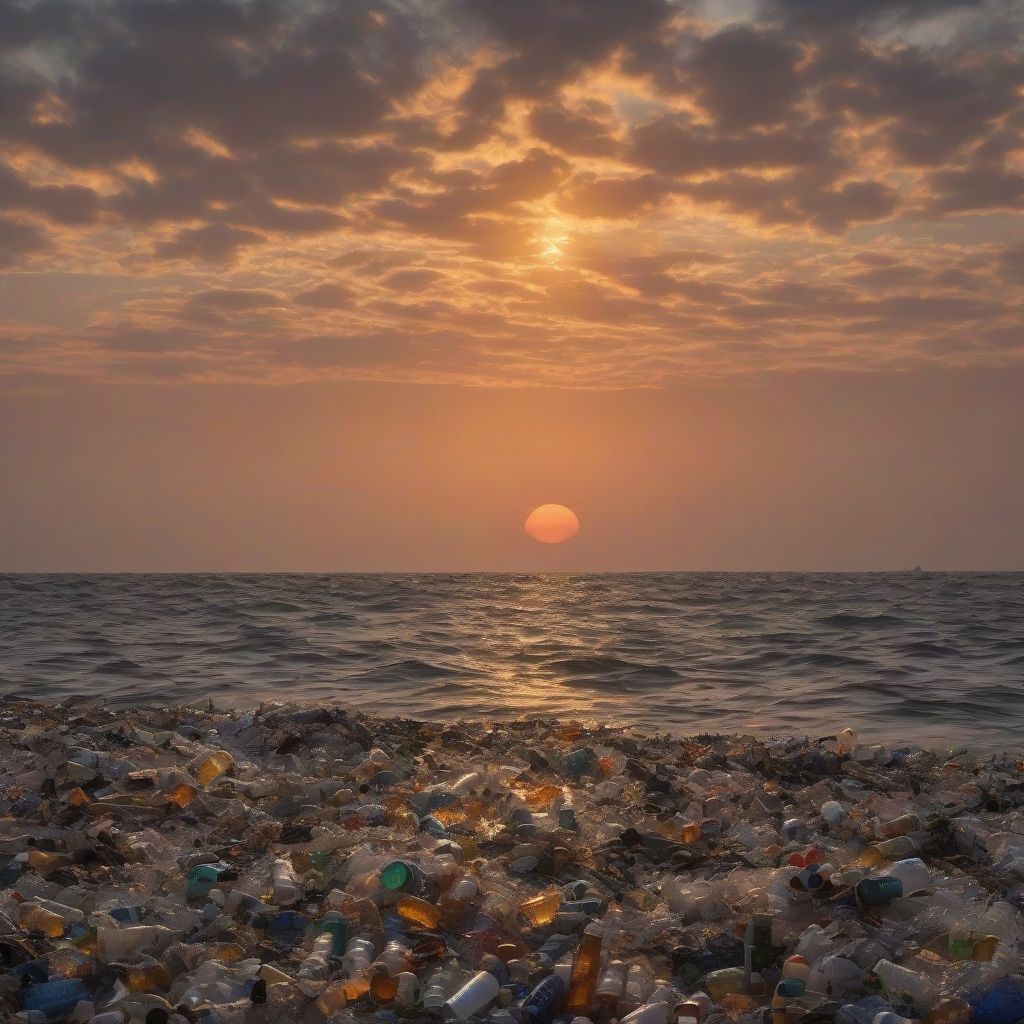Imagine yourself snorkeling in crystal-clear waters, vibrant coral reefs teeming with life below. Now, picture this: those vibrant colors fading, the coral bleached and lifeless. This, unfortunately, is the reality of our oceans today, threatened by pollution, climate change, and overfishing. Understanding these threats and finding solutions is where oceanography comes in, playing a critical role in environmental research and helping us protect these precious ecosystems.
Unraveling the Mysteries of the Deep: Oceanography’s Role
Oceanography is like the detective of the sea, investigating and uncovering the secrets hidden beneath the waves. It’s a vast field, encompassing the study of marine life, ocean currents, the seafloor, and the chemical composition of the ocean itself. This knowledge is crucial for understanding how the ocean functions and how it’s being impacted by human activities.
Oceanography in Action: Key Areas of Environmental Research
Oceanography’s contribution to environmental research is multifaceted, encompassing a range of critical areas:
1. Climate Change: Unmasking the Ocean’s Role
The ocean plays a vital role in regulating our planet’s climate. Oceanography helps us understand:
- Ocean Acidification: As the ocean absorbs excess carbon dioxide from the atmosphere, it becomes more acidic, threatening marine life like corals and shellfish. Oceanographers track these changes, providing data to inform mitigation strategies.
- Sea Level Rise: Melting glaciers and the expansion of warming seawater are causing sea levels to rise, posing risks to coastal communities. Oceanographers monitor these changes and develop models to predict future impacts.
- Ocean Currents and Heat Transfer: The ocean acts like a giant conveyor belt, distributing heat around the globe. Oceanographers study these currents to understand how climate change is affecting their patterns and potential impacts on weather patterns.
2. Pollution: Tracing the Sources and Impacts
Pollution from plastic waste, chemicals, and agricultural runoff is a major threat to ocean health. Oceanography helps us:
- Track Pollution Sources: Oceanographers use sophisticated techniques to identify pollution sources, tracing them back to their origin, whether it’s a river outflow or an industrial discharge.
- Assess Impacts on Marine Life: By studying the effects of pollution on marine organisms, oceanographers can determine the extent of the damage and develop strategies to protect vulnerable species.
- Develop Solutions: Oceanographic research plays a key role in developing innovative solutions to reduce pollution, such as biodegradable plastics and sustainable fishing practices.
3. Marine Conservation: Protecting Our Blue Planet
Oceanography provides the scientific foundation for marine conservation efforts, including:
- Identifying Marine Protected Areas: By studying marine biodiversity and identifying critical habitats, oceanographers help determine the best areas to designate as marine protected areas, safeguarding vital ecosystems.
- Managing Fisheries: Oceanographic research helps us understand fish populations and their responses to fishing pressure, leading to sustainable fishing practices that prevent overfishing and protect marine biodiversity.
- Restoring Damaged Ecosystems: Oceanographers play a crucial role in developing and implementing strategies to restore damaged ecosystems, such as coral reefs and seagrass beds, helping to bring back the ocean’s health and vitality.
 Ocean Pollution: Plastic Waste
Ocean Pollution: Plastic Waste
[amazon bestseller=”oceanography”]
The Future of Oceanography: A Wave of Innovation
Oceanography is a dynamic field, constantly evolving with new technologies and approaches. Here are some exciting advancements on the horizon:
- Autonomous Underwater Vehicles (AUVs): These robotic explorers are revolutionizing ocean research, allowing scientists to collect data from remote and challenging environments, expanding our understanding of the deep sea.
- Satellite Oceanography: Satellites provide a global view of the ocean, monitoring sea level rise, ocean currents, and even phytoplankton blooms, providing valuable data for environmental research.
- Big Data Analysis: Oceanographers are now using advanced data analysis techniques to process massive datasets, revealing complex patterns and trends in ocean systems, leading to new insights and solutions.
Our Ocean, Our Future: The Importance of Continued Research
The ocean is not just a vast body of water; it’s a complex and interconnected system that sustains life on Earth. Oceanography, through its contributions to environmental research, provides the knowledge and tools we need to protect this precious resource. As we face the growing challenges of climate change, pollution, and biodiversity loss, continued investment in oceanographic research is paramount. By understanding the ocean, we can protect it, ensuring a healthy and thriving planet for generations to come.
